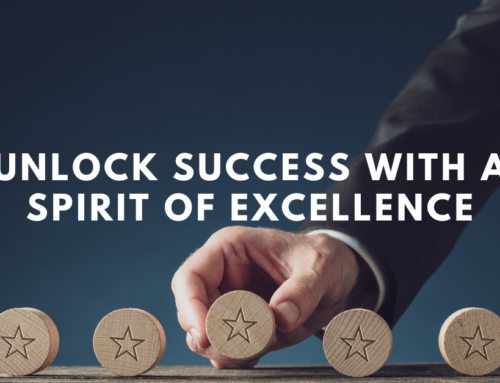Congratulations! You’ve made it to your first professional get-together! As a young entrepreneur, I’m sure you’re excited about the prospect of learning from the best. And that’s a great thing! The willingness to learn breeds an active mind, helps spark engaging discussions and brings you numerous opportunities for growth. However, an eagerness or inquisitiveness that isn’t channelled correctly risks coming across as annoying, especially when you can’t seem to ask questions the right way.
Yes, it’s true, folks. Asking for advice can be irritating. At its worst, it can even look like thoughtless freeloading. There are many instances in which asking for advice – despite being well-intentioned – can lead to strained relationships where the opportunity to ask for advice never comes again.
Fear not, though, for there is a way to extract wisdom from others without sending them the wrong signals or pushing the wrong buttons. In this article, I’m going to give you three tips to do just that.
1. Be Friendly and Direct

No one likes a freeloader or passive-aggressive people. Fixing the way you ask questions is a way to avoid being either or both.
When you initiate advice solicitation with questions like “Can I pick your brain?” or “What can you tell me about this?”, you’re immediately distancing yourself from the person you’re approaching. Instead, you need to show the person that their presence and time are valuable to you – perhaps just as much as their advice.
An easy way to ask is by saying “I’d really love your advice if you’re willing to share me some.” Simple, direct, and without sounding entitled. You come off as grateful, understanding, and humble. Setting a positive tone right from the start could well mean having one foot in the door when it comes to getting them to pencil you in their busy schedule.
2. Know What Advice You Want
Great, you’ve gotten permission to ask advice! Now it’s about identifying the exact information or insight that you need. Knowing the topics you want to address – packaged as concise questions – lets the other person know that you come with a clear purpose and are mindful (and appreciative) of the time they’ve set aside for you.
So, personally, how do I ask questions? Well, I always try to be as precise and specific as possible. That starts with figuring out the type of advice I’m seeking, and the variables that come with my problem, as well as what I want out of it.
For example, you could be feeling down, and you just want someone to help guide you in handling the situation you’re in, instead of giving a definite solution. This counsel-like advice greatly differs from a discrete type of advice, which is outcome-oriented and involves a more direct solution being offered.
Express your intention from the get-go. Do you seek a mentorship where the person you’re talking to can provide you with opportunities to progress in your career? Do you want coaching where someone details positive steps towards personal or professional success? These are the kinds of things you need to figure out before you approach anyone for advice.
When we talk about being specific about problems, one memory comes to mind for me. That was when someone approached me for advice and asked me if I were free to talk for an hour. Now, note that an hour is a long time, but I did appreciate the foresight to consider that it was going to be a more comprehensive talk. I liked that she was detailed and organised in expressing her concerns – this in turn helped me better approach the topic and gather the right resources that she could follow up with. After that meeting, we scheduled lunch, and I gave her all that I knew.
3. Express Your Gratitude

You successfully leave your meeting with new-found knowledge or wisdom! But it shouldn’t end there. Take some time to leave a personal message via text or email telling your advisor that you value their time, generosity and insights. You could also go further and let them know how their advice has benefitted you specifically. If they managed to carve out some time for you, I’m sure it wouldn’t take too much for you to do the same.
Leaving words of appreciation not only leaves a positive impression, but will also help you maintain a good relationship with the people within your professional communities, so take this opportunity to grow your network.
A willingness to learn is something to celebrate, so don’t let how you approach others for advice be the one thing that hinders you from getting much-needed counsel or taking the right steps forward. It requires a certain amount of finesse to successfully ask other professionals for advice – once you remember to exercise consideration, patience and some self-awareness, then you’ll start picking brains in all the right ways.
To your success,
Mario
[Visit www.mariosingh.com now to enjoy a FREE e-book of my latest “37 Essential Principles for Massive Success” when you subscribe!]





